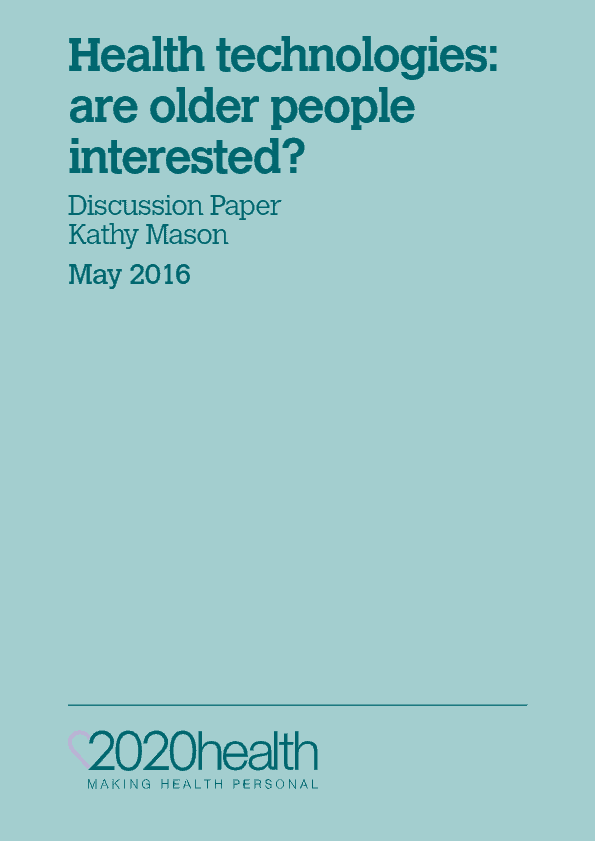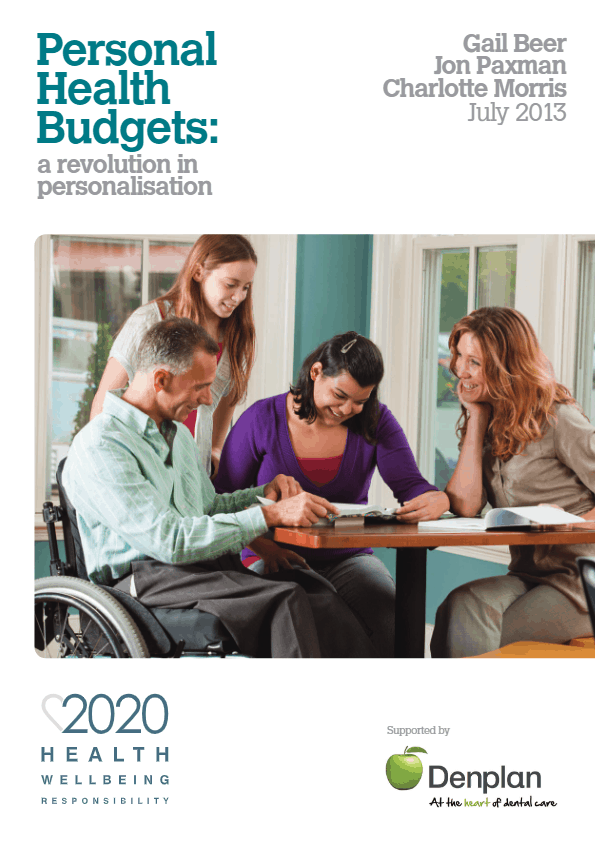#AI – Diagnosis on demand – and disappointment
Thursday evening’s Horizon, subtitled ‘The Computer will see you now’ is the latest in a lengthening line of programmes and books that purport to critique today’s medical zeitgeist: Artificial Intelligence in healthcare. It was entertaining. I understand. Who would have watched a programme called ‘Using statistics on huge datasets might one day help with diagnosing illness’? And to be clear about my stance – I am a Tech Believer! I first used Babylon in March 2015. (Ok, it missed my appendicitis, but then so did the colorectal surgeon I spoke to. Online forums gave me all the insight needed, so I picked up my overnight bag, went to A&E, home after 24 hours minus my appendix. All’s well.) Vision testing software transformed my home-visiting optometry practice back in 2004; 2020health’s team have produced many reports on the potential of digital health and Dan’s story during Horizon was a perfect example of tele-consulting a GP, with the double win of Dan’s reassurance and NHS saving money. I think Ali Parsa of Babylon is a genius and I am really excited about the possibilities with digital health interventions.
Yet I found myself from the start of Horizon scribbling notes and snapping at the screen, including right at the start when the initial framing was evil private tech industry and profits, versus good old, familiar, fax-dependent, public NHS. Sprinkled throughout were Halloween appropriate claims of computers ‘thinking’ and ‘understanding’ and ‘beating’. I kept wondering when we were going to get to the nub, stated at the beginning, of asking ‘Not what could but what should we be using #AI for in health‘?
This programme had the opportunity to demystify, question and critique: what do AI, machine learning, algorithms really mean? What is the difference between symptom checking, guidance, recommendations, diagnosis and treatment, and why CAN’T chatbots diagnose (cue MHRA)? Why is digital health, in the view of leading experts such as Prof Ann Blandford*, currently like the ‘Wild West’? Why didn’t politicians think through the disruption to GP funding and potential destabilisation of services, and mitigate it before launching GPatHand? What are the government’s plans now, both on GP financial flows and public understanding? What do Rwandans think of their government describing them as ‘a laboratory to try things out’? How do we build trust and confidence – the impressive Kheiron seems to have done it? Is Deep Learning an either-or?, or a both-and? And as Dr Liz O’Riordan asked (I paraphrase) ‘Is this what patients want’? And yes, we could have still had the central Babylon narrative of man versus machine, but I’d have added questions on why they seem to employ so few women, and why call it Babylon – it didn’t work out so well the first time!
Other much smarter folk have already critiqued the Babylon research findings but what would have been really interesting would have been having answers to Ali Parsa’s correct assertion that RCT’s are not fit for purpose in digital health. We all know they are not, allowing no provision for iteration and qualitative insight. So what shall we do to progress tech but keep it safe? IMHO, this programme was a real missed opportunity. There were some stellar participants, the producers could have provided infotainment AND detailed the global demographic challenge AND burst the hyperbole bubble on battles of the consciousness AND asked how the NHS monetises its enormously valuable databanks. But it didn’t. There’s an opportunity there…


